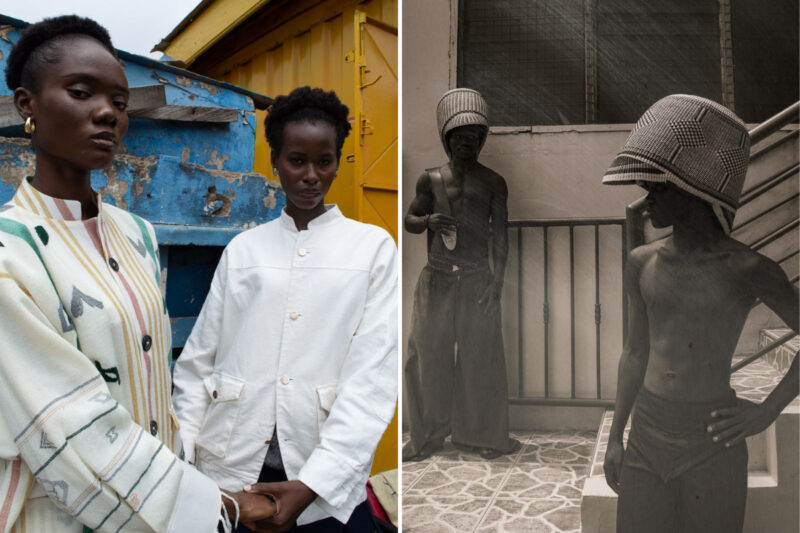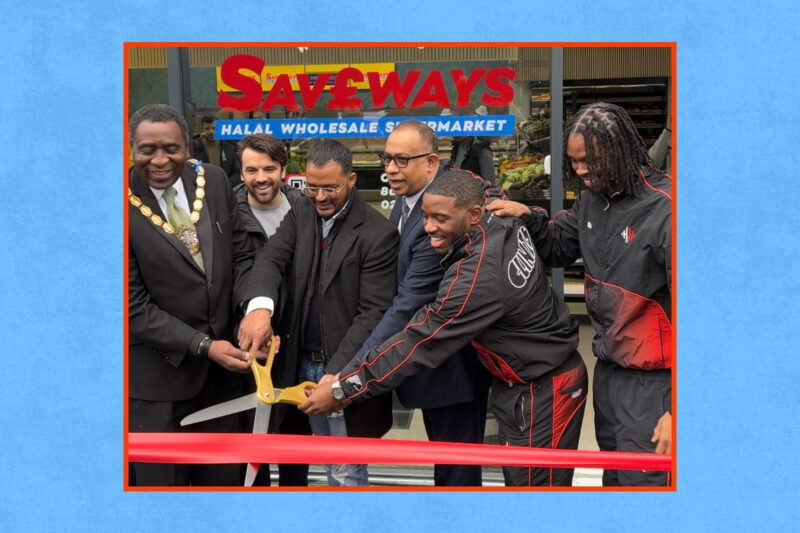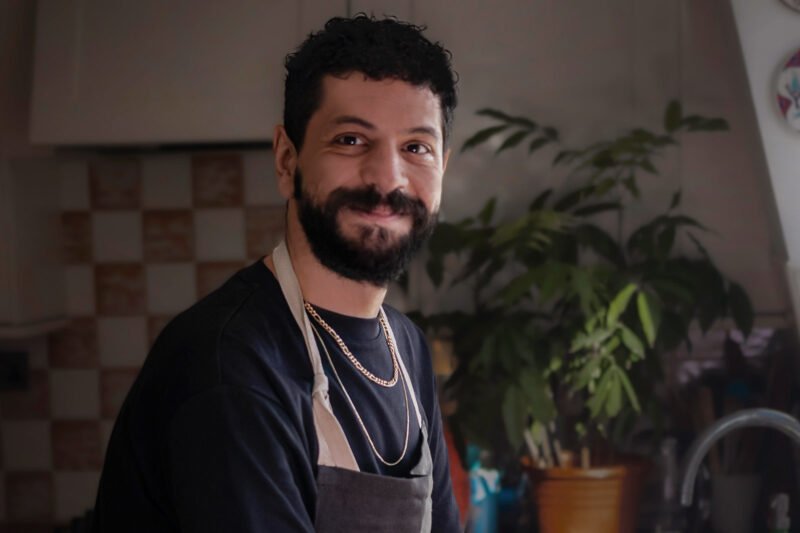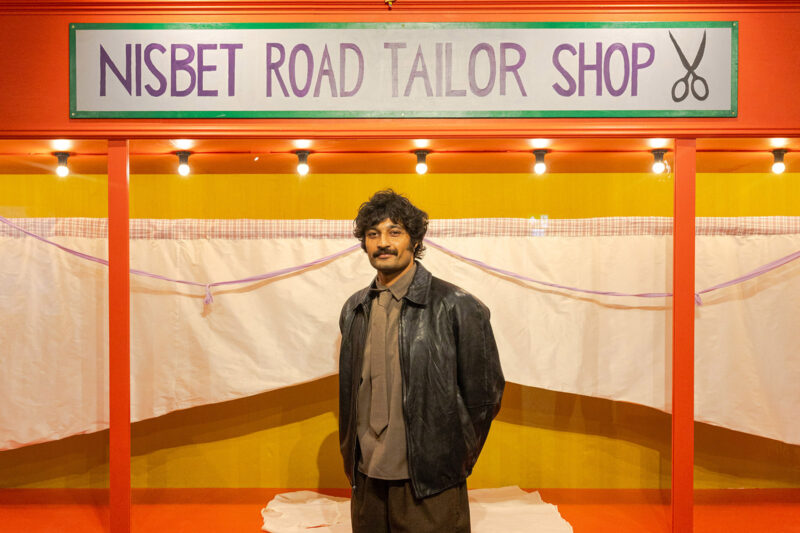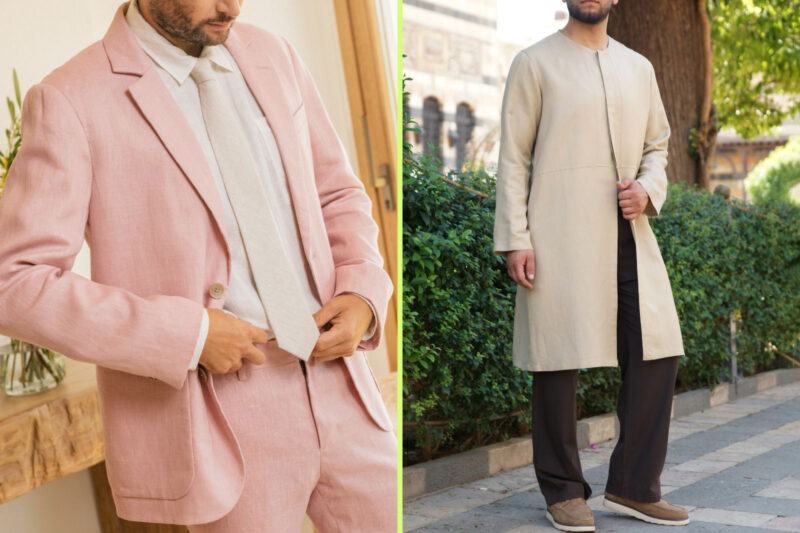London’s South Asian fashion community aims to redefine the meaning of sustainable
Rooted in cultural and religious heritage, an initiative by Ahista Stories explores what it really means to consume more ethically
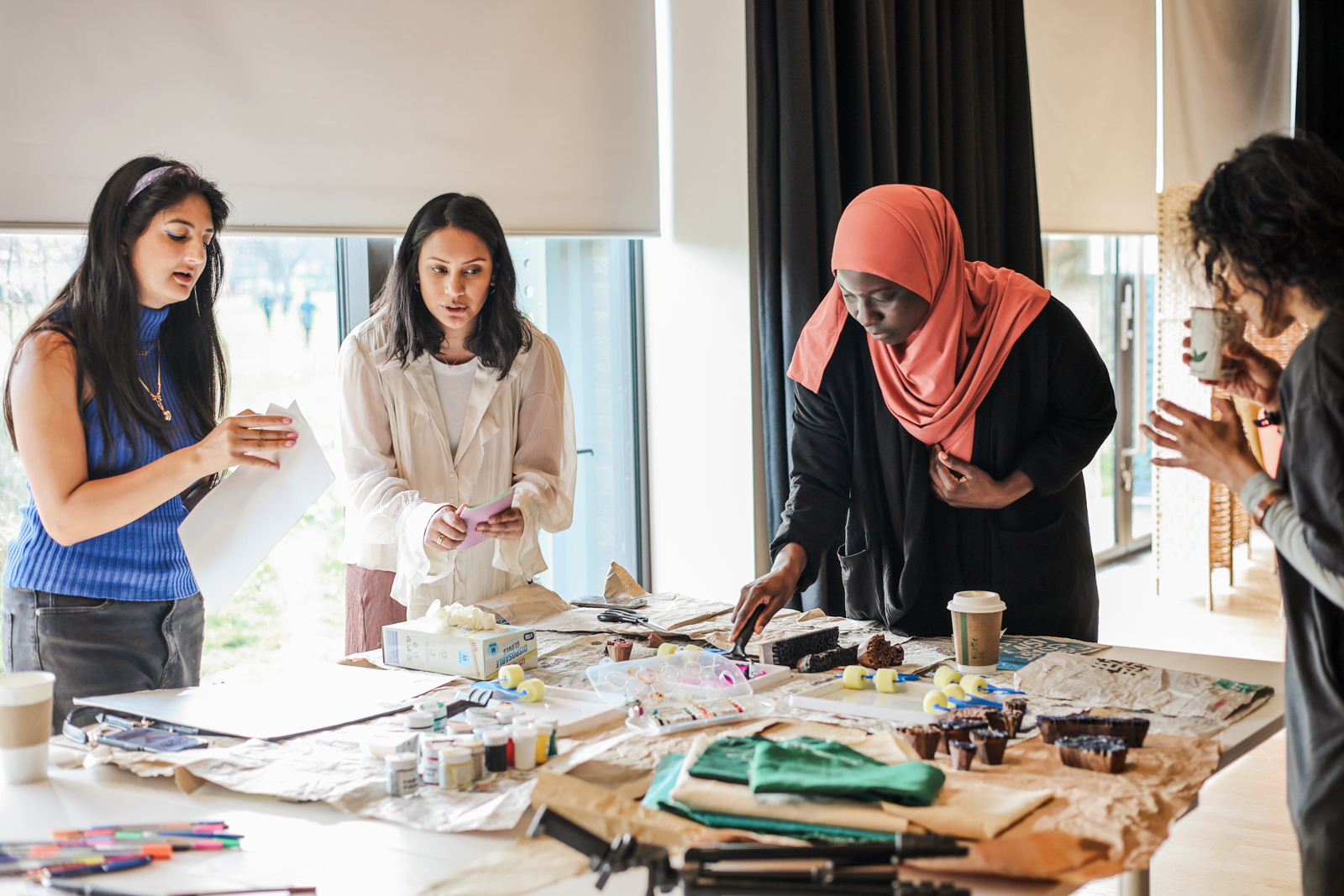
The days are getting shorter, the leaves turning yellow, and the high street is filled with plastic pumpkins, knitted mushroom jumpers and other items signalling the start of a new season. As I wandered around shop displays while running errands last week, I felt an existential wave of despair wash over me as I thought about how many of the mass-produced items will end up in landfill, whether by virtue of being unsold, or disposed of after a single use, ready to be replaced with something different and new next year.
As we have become increasingly aware of the impact of our consumer habits during the past decade, sustainable fashion has become something of a buzzword for those attempting to make better choices with their money. Although it may have started out as a noble pursuit, the term has already been diluted due to corporate greenwashing by major brands, most evident in initiatives such as the widely-criticised “sustainable line” by Kourtney Kardashian for fast-fashion behemoth Boohoo. This doesn’t mean that sustainability as a concept has no value at all, but rather, you probably have to go a little further than just choosing the organic cotton option while online shopping and patting yourself on the back for making a difference. Community-run initiatives such as London’s Ahista Stories Live — which took place last weekend in Tower Hamlets — aim to reclaim the concept and teach attendees what it really means to consume more ethically.
“I use the term ‘sustainable’ quite reluctantly because of how it’s been co-opted and exploited by corporations, but I think the word is recognised more than ‘slow’, ‘circular’ or ‘ethical’ fashion,” explains Zainab Mahmood, event organiser and founder of Ahista Stories, a South Asian sustainable fashion community that seeks to resist the fleeting nature of online trends by building meaningful relationships with our communities and clothes.
Many self-described sustainability initiatives are merely opportunities for further consumption, encouraging people to spend their money on eco-friendly, “green” alternatives rather than fighting against a culture of consumerism. Mahmood’s work, however, is rooted in activism and cultural heritage, an ethos that is evident in the day’s programming, which includes talks about the colonial roots of the fashion industry.
“These workshops help South Asians learn about and feel more connected to their cultures, as well as connected to the skilled labour of garment workers, who are majority women of colour. Bangladesh, for example, is such an important country for global garment production, so we’re sort of pulling — pun intended — at a lot of different threads that are all interwoven,” Mahmood says of the significance of the event being focused on sustainability from a South Asian angle.
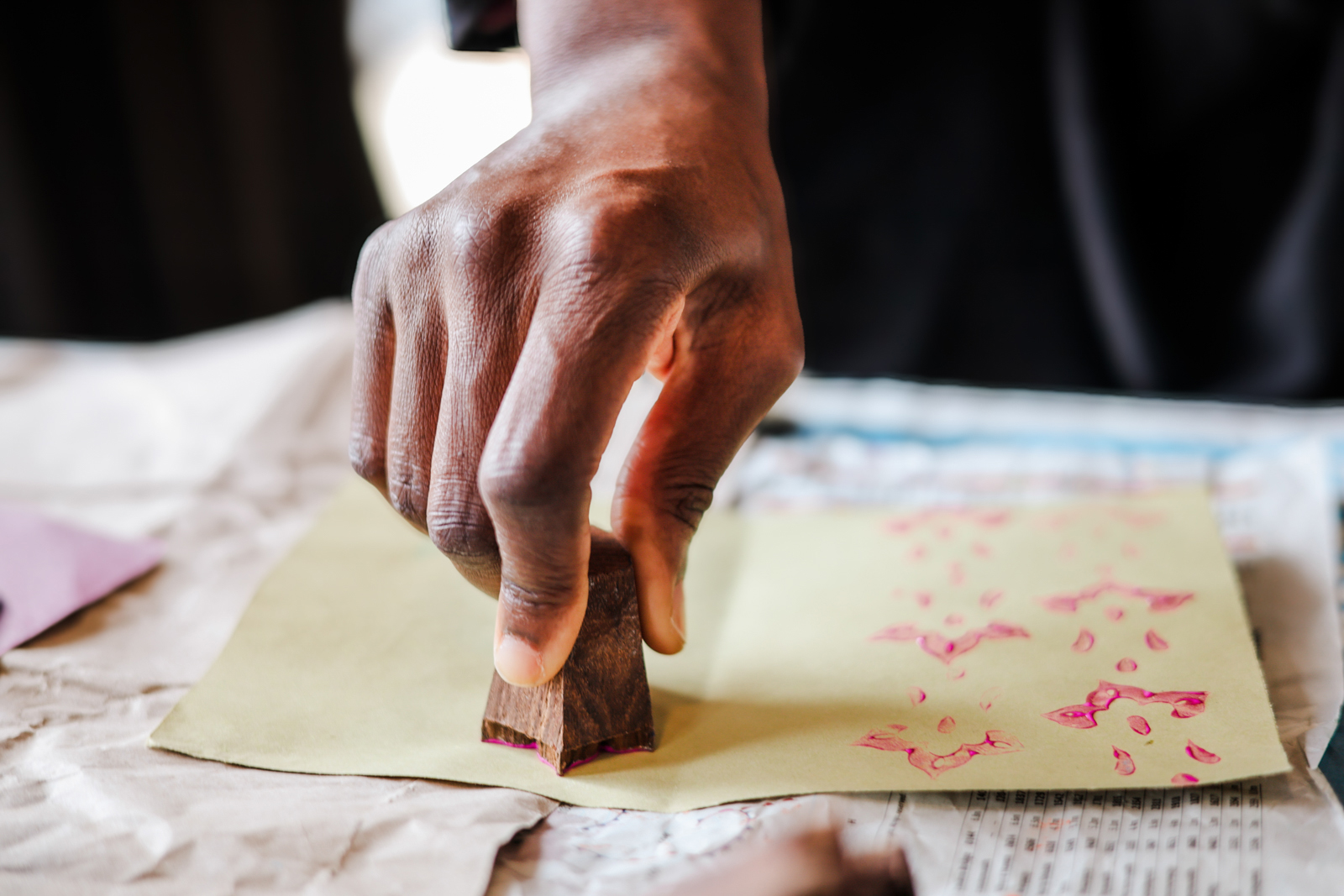
Ahista means “slow” in Urdu, and the project was born from the rich conversations Mahmood was having with other South Asian designers about sustainability and heritage in her work in the field, as well as her own journey reconnecting with her experiences of picking out fabrics with her mum in Karachi while visiting Pakistan as a child.
She began “intentionally planning upcycling projects”, breathing new life into her mum’s traditional clothing as a way of saving money and celebrating the craftsmanship that went into them, rather than buying new.
The experience helped her feel more connected to the struggles of garment workers around the world. “For me, fashion is only sustainable when it respects the people who make clothes. So while I advocate for reducing unnecessary consumption and choosing secondhand or ethical options where possible, the most impactful thing consumers of fashion can do to make the industry fairer is amplify garment worker demands and join campaigns,” she tells me, encouraging consumers to look into ways they can hold brands accountable.
At the heart of the Ahista ethos is a holistic approach to ethical consumption, acknowledging the connections between political, social and environmental inequalities. Workshops range from Confessions of a shopaholic, led by slow fashion advocate and co-curator Sinéad Khan — a safe space where attendees can talk about the complexities of consumer culture, help identify triggers and find sustainable alternatives — to sewing workshops teaching how to mend clothes.
As we expand our understanding of what it really means to live sustainability, the focus is shifting away from buying “environmentally conscious” goods, and towards fixing and reusing the things that we already own — a skill that has been lost as the influx of cheap, mass-produced goods has created a culture in which we are encouraged to simply throw away and buy new.
“Ahista has taken on meaning beyond slow fashion — it’s become about slowing down in general, pausing, connecting with others, shifting mindsets and challenging systems slowly but radically,” says Mahmood, describing the festival as “somewhere you can mend your clothes and your relationship with fashion”.
Mahmood cites her faith as the anchor for her values. “As Muslims, we absolutely have a duty to care about fashion — from the industry’s terrifying environmental impacts, to its alarming exploitation of workers, many of whom are Muslim,” she says, referencing the 2013 Rana Plaza collapse in Bangladesh that killed more than 1,000 people, making it the deadliest garment factory disaster in history. “Even if I don’t always get it right, I do try to make decisions about my work and the campaigns I want to be involved in based on the belief that I will be held accountable for my actions.”
There is no shortage of resources available for those interested in extending their religious or political beliefs to their consumption habits. Alongside ethical fashion activist Mayisha Begum, Mahmood is also a member of Anti-sweatshop Activists Against Apartheid, an initiative launched last October in response to the escalating violence in Palestine and a desire to raise awareness about the fashion industry’s complicity in genocide. Groups such as Remember Who Made Them and Fuck Fast Fashion facilitate workshops on how to organise effectively against the harmful impacts of fashion, as well as organising smaller events and clothes swaps. In an age of fleeting trends and same-day shipping, it’s safe to say we can all benefit from living life a bit more ahista.
 Newsletter
Newsletter



